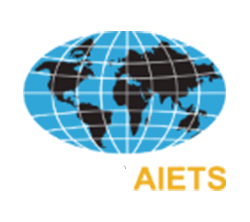- Members
- Global S W Docs
- Newsletter
- News
- Regions
- About Us
- Committees
POLICIES AND PROCEDURES FOR PROGRAMME CONSULTATION
The IASSW programme consultation process is a peer-review and consultative process that is grounded in the IASSW Global Standards for Social Work Education and Training.
While IASSW does not serve as an accrediting or regulatory body, it views the Global Standards for Social Work Education and Training as a useful and valuable framework for curricular and programme development and draws on these standards in its programme peer consultation process. Many local, regional, and national programs/institutions/organizations have benefited from engaging in the Programme Consultation program to develop or revise social work curricula in its educational programs.
IASSW Programme Consultation process brings
Procedure:
Site visit:
Following the Site visit:
Fees
Table 1: Fees (revised January 2022).
| Country Income GDP/person (in US$) | Members
(in US$) |
Non-members
(in US$) |
| Less than $2,000 | $200 | $400 |
| $2,001- $ 5,000 | $350 | $700 |
| $5,001 – $10,000 | $700 | $1400 |
| $10,001 – $20,000 | $2000 | $4000 |
| Over $20,001 per anum | $3500 | $7000 |
See full Operational Guidelines for Peer Consultation here.
SELF APPRAISAL
The programmatic self-appraisal has been designed to identify strengths and areas of improvement through the application of the Global Standards. Please adhere to the outline below, and modify it to fit the program’s local context:
Updated on November 2022
